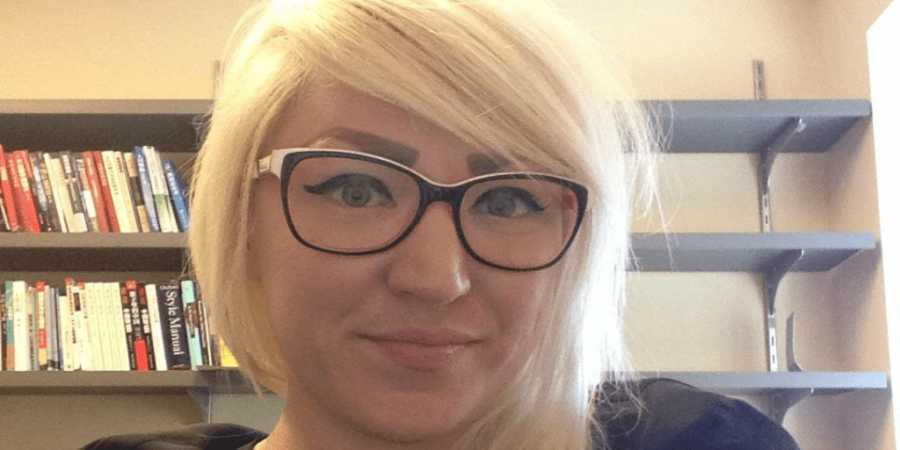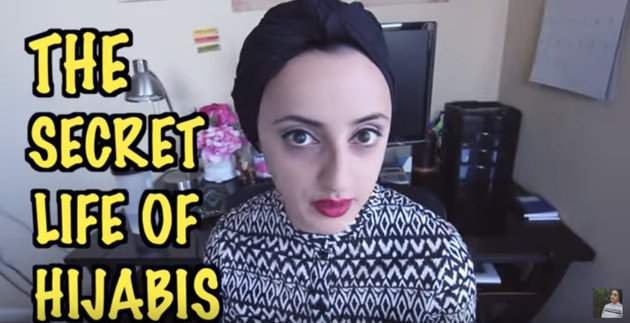Outdated family laws are a major source of concern to Muslim women, as it’s often women who get the short end of the stick. As a result of family laws that have been misguidedly interpreted or carried out, many women lose the custody of their children, receive no mahr or alimony in divorces, are given no legal options in the instance of rape, and worse.
Outdated family laws are a major source of concern to Muslim women, as it’s often women who get the short end of the stick. As a result of family laws that have been misguidedly interpreted or carried out, many women lose the custody of their children, receive no mahr or alimony in divorces, are given no legal options in the instance of rape, and worse.
These examples aren’t aged ones: The Daily Star profiles a film by Tunisian director Kalthoum Bornaz that examines the unfair family codes leading to inequitable inheritance laws. Bornaz’ film, titled Shtar M’Haba (“The Other Half of the Sky”), looks at Tunisian family law, which is derived from a civil constitution, and states that women can only inherit half of what male family members inherit. The film emphasizes the unfair law’s effects on fraternal twins: while the brother studies abroad, the sister takes care of her father after he has an accident. While the brother crafts his life abroad, the sister and her father are left to fend for themselves, and one doesn’t need to see the movie to know who’ll get unfair treatment in the end.
These stories are more bricks in the wall of unjust family codes that women are forever pushing up against in the hopes that one day, the wall will crumble and fall.
While activists in several countries have been fighting against unfair family laws in their respective countries for decades, there has never been a concerted global effort and support network to pool resources, experience, and strategies for dealing with the bureaucratic and ideological fight for more egalitarian family codes.
In Claiming Back Islam’s Revolutionary Spirit, Nadira Artyk outlines the birth of the Musawah movement, which took place last month in Malaysia, and brought activists and supporters of egalitarian family codes together to discuss, share, and plan for the future. She describes the energy and devotion circulating in the air at the Malaysian conference:
For five intense days, 250 women and men from 48 countries – activists, lawyers, scholars, politicians, journalists and bloggers – brainstormed strategies and exchanged experiences and ideas. I was privileged enough to be among the Musawah participants. All of the women I met – be they policymakers, grassroots activists, lawyers or academics – were highly articulate and passionate advocates of the cause. A lot of them were personally behind the efforts to reform family laws and elevate women’s status in their respective countries. Veiled and not, modern or traditional, those women represented the diversity of Muslim cultures and were complete opposites of the voiceless and oppressed images of Muslim women that dominate the mainstream Western media.
The establishment of the Musawah movement is a historic global event. Let’s pray that the momentum built up from the conference in Malaysia and the succeeding news coverage weeks after doesn’t die down, but instead helps create a powerful force against archaic and misogynist family codes.
Fatemeh Fakhraie is Associate Editor of Altmuslimah.





I sincerely believe that the women’s movement is changing the way people view Islam around the world. Now we have a name. Hopefully, the message will still shine through.